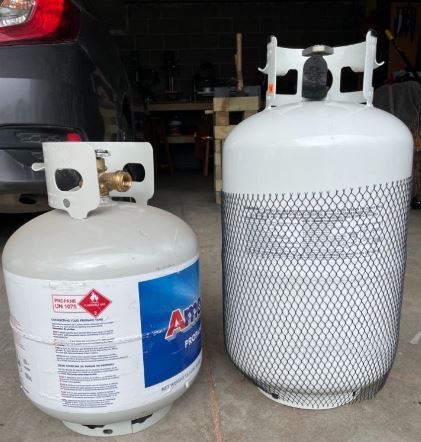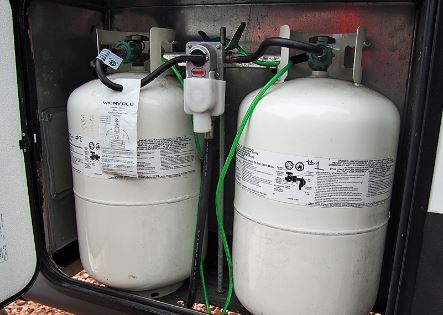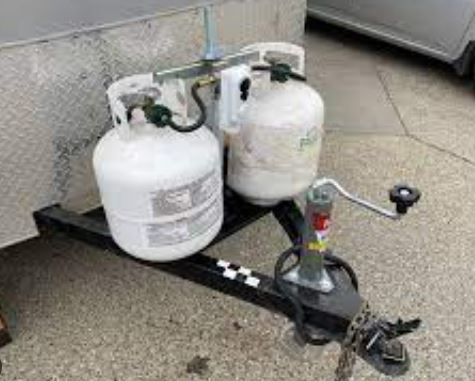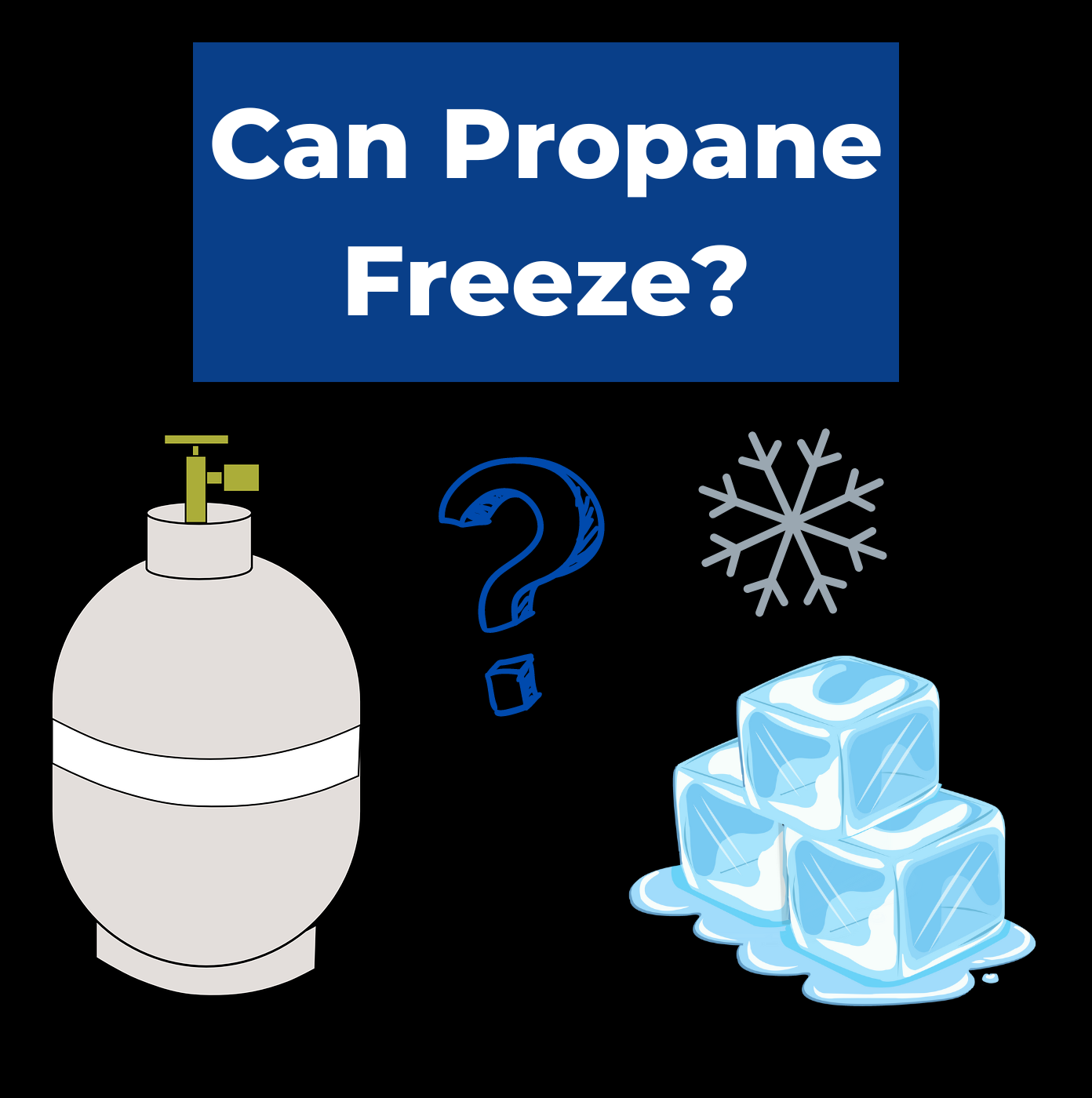Propane is a popular fuel source for many households and businesses, especially during the winter months. However, some people may wonder: can propane freeze? What happens if it does? The answer is that propane can freeze, but it is highly unlikely to happen in normal circumstances.
The freezing point of propane is -306 degrees Fahrenheit, which is lower than the lowest recorded temperature on Earth. Therefore, it is almost impossible for propane to freeze in its natural state. However, the tank that holds the propane can freeze if the liquid propane inside falls below -306°F.
This can cause a major inconvenience as the propane will be unusable until the tank thaws out. In this article, we will explore the topic of propane freezing in more detail and provide tips on how to prevent it from happening.
Can Propane Freeze?

Propane is a gas that is commonly used as a fuel source for heating, cooking, and other applications. One question that people often ask is whether propane can freeze. The answer is yes, propane can freeze, but it requires extremely cold temperatures.
The freezing point of propane is -306.4°F (-188°C). This means that at temperatures below this point, the gas will solidify. However, it is important to note that these temperatures do not occur naturally on earth. Therefore, the likelihood of propane freezing is very low.
While propane gas itself is unlikely to freeze, the tanks that contain the gas can freeze in cold temperatures. This can be a major inconvenience as it can prevent the propane from being used until the tank is unfrozen. However, it is not particularly dangerous.
To avoid propane tanks from freezing, it is recommended to keep them in a warm location, such as a garage or shed. Additionally, it is important to ensure that the tank is properly insulated and protected from the elements.
In conclusion, while propane can technically freeze, it is highly unlikely to occur in normal conditions. However, it is important to take precautions to prevent propane tanks from freezing in cold temperatures.
See Related: How to Switch RV Water Heater From Propane to Electric
What Happens When Propane Freezes?

When propane gas is exposed to extremely cold temperatures, it can freeze and turn into a solid. The freezing point of propane is -188 °C (-306.4°F), which is a temperature that does not occur naturally on Earth. However, it is possible for propane to freeze in certain circumstances.
If a propane tank is exposed to extremely cold temperatures for an extended period, the propane inside the tank can begin to freeze. When this happens, the propane will no longer be able to flow properly through the regulator and into the appliance it is powering. This can cause the appliance to stop working and leave the user without heat or cooking capabilities.
In addition to causing problems with the flow of propane, a frozen tank can also be dangerous. As the propane inside the tank freezes, it can cause the tank to become brittle and more susceptible to cracking or rupturing. This can lead to leaks or even explosions, which can be extremely hazardous.
To prevent propane from freezing, it is important to keep the tank and regulator protected from extreme cold temperatures. This can be done by storing the tank in a sheltered area or wrapping it with insulation. It is also important to make sure the tank is not overfilled, as this can cause the propane to remain in a liquid state and not vaporize properly, leading to freezing and other issues.
Overall, while propane freezing is not a common occurrence, it is important to be aware of the potential dangers and take steps to prevent it from happening.
See Related: How To Tell If Your Propane Regulator Is Bad
How to Prevent Your Propane Tank from Freezing

When the temperatures drop, propane tanks are at risk of freezing. To prevent your propane tank from freezing, you should take some precautions. Here are some tips to help you prevent your propane tank from freezing:
- Keep your propane tank well insulated with an insulated blanket. This will help maintain the temperature of the propane tank, preventing it from freezing.
- Refill your propane tank when it gets to around 20% full. This will help maintain the pressure in the tank, preventing it from freezing.
- Clear away any ice, sleet, or snow buildup from your propane tank. This will help keep it free from any ice, sleet, or snow that could cause it to freeze.
- Utilize propane tank heating systems to keep your tank warm. This will help maintain the temperature of the propane tank, preventing it from freezing.
- Build an enclosure around your propane tank to protect it from the cold weather. This will help keep the propane tank warm, preventing it from freezing.
If you are not able to prevent your propane tank from freezing, stop using it and wait for it to thaw out before resuming use. You can either take it inside for the night or cover it with a heating blanket.
It is also important to ensure that you have regular propane delivery to your home or business to ensure that you always have a full tank of propane. This will help prevent the tank from getting too low and freezing.
Overall, taking these precautions will help prevent your propane tank from freezing and ensure that you have a steady supply of propane, even in cold weather.
See Related: How Much Propane Does an RV Fridge Use? and Installing An RV Bike Rack Over Your Propane Tanks
Conclusion
In conclusion, while propane gas can technically freeze, it is highly unlikely to occur in normal circumstances. Propane has a very low freezing temperature of -306.4°F (-188 °C), which is naturally impossible on Earth. Therefore, propane will not freeze in everyday situations.

